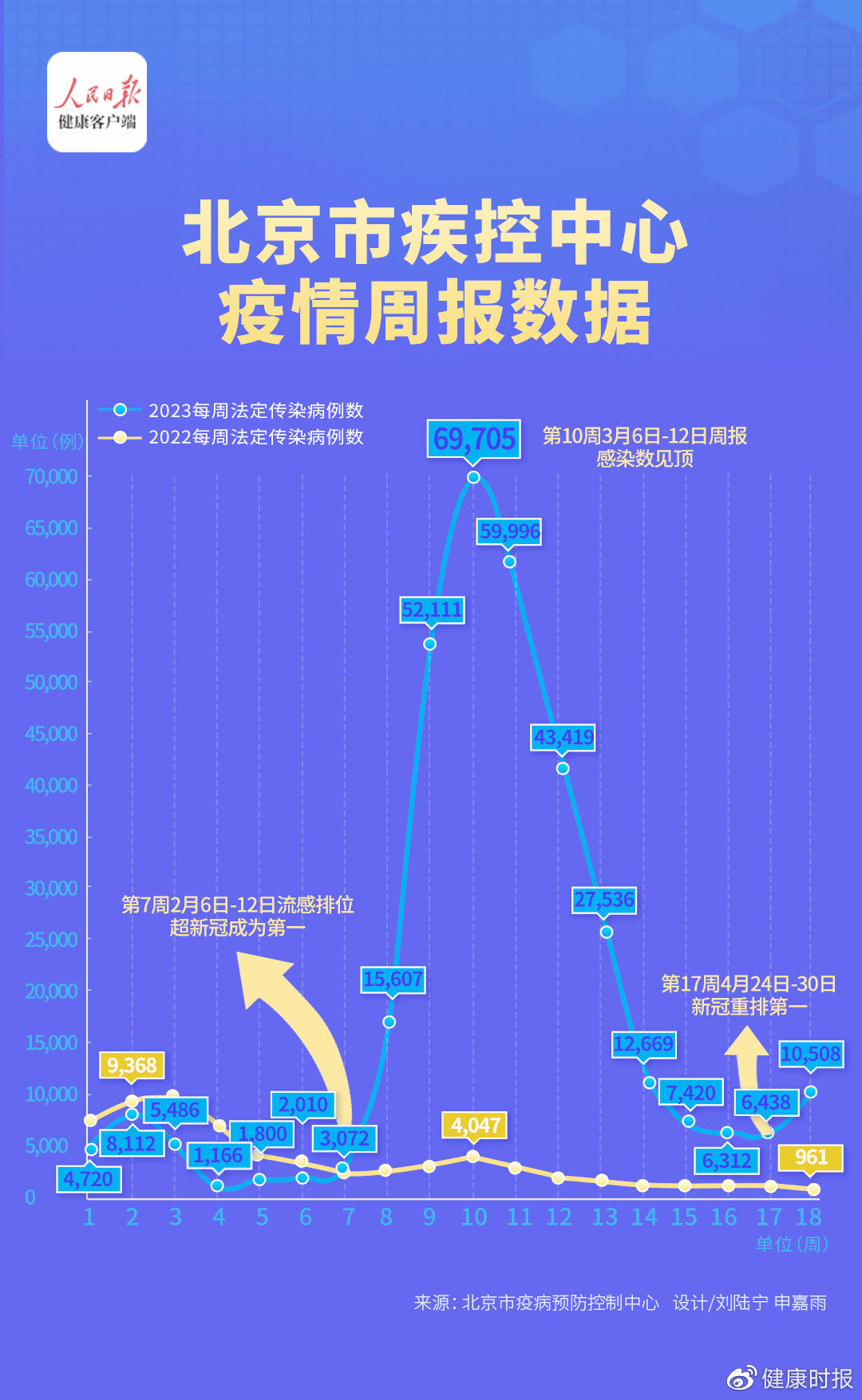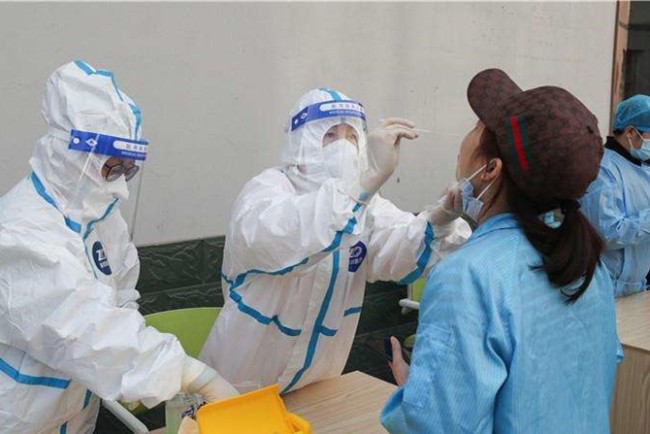The End of the Pandemic: When Will It Be Over?
In the era of globalization, the world is facing a grave challenge posed by the COVID-19 pandemic. The virus has caused significant disruptions in our daily lives, affecting economies, social interactions, and mental health. As a result, people are eager to know when this crisis will finally end. However, predicting the end of the pandemic is a complex task that involves various factors and uncertainties.
First, to understand the duration of the pandemic, we need to consider the nature of the virus itself. COVID-19 is a highly contagious virus that spreads rapidly through human contact and air droplets. The more infectious a virus is, the longer it takes for the population to achieve immunity and for the pandemic to end. The emergence of new variants further adds to the complexity as they may alter the transmission rate and impact of the virus.

Second, the effectiveness of public health measures plays a crucial role in determining the end of the pandemic. Governments' response to the crisis, including implementing lockdown measures, promoting social distancing, and ensuring access to testing and treatment, has a significant impact on the spread of the virus. The more effective these measures are, the faster the pandemic can be controlled. However, the duration of these measures varies from country to country, depending on the local situation and government policies.
Third, the progress of vaccination programs is a key factor in determining the end of the pandemic. Vaccines are crucial in achieving herd immunity and protecting vulnerable populations from severe illness and death. The availability of vaccines and their efficacy in reducing infection and transmission rates are essential for controlling the pandemic. However, achieving global coverage in vaccination is challenging due to various factors such as production capacity, distribution challenges, and political and social barriers.

Fourth, community adherence to health protocols is another critical factor. As restrictions are gradually eased, people's adherence to health protocols such as wearing masks, maintaining social distance, avoiding crowded places, and frequent handwashing is crucial in preventing the spread of the virus. The more people adhere to these measures, the lower the risk of transmission and resurgence of the virus.
Lastly, global coordination and cooperation are essential in fighting the pandemic. An integrated approach involving countries working together to share resources, data, and best practices can help in containing the spread of the virus faster. Global cooperation can also help in addressing issues such as vaccine production and distribution, ensuring equitable access to vaccines for all countries.

In conclusion, predicting the exact end of the pandemic is challenging due to various factors such as the nature of the virus, public health measures, vaccination progress, community adherence to health protocols, and global cooperation. However, with continued efforts in these areas, we can hope for a better future where this crisis is finally over. It is essential to remain vigilant, follow health protocols, and trust the process as we work together to overcome this global challenge.
发表评论




暂时没有评论,来抢沙发吧~